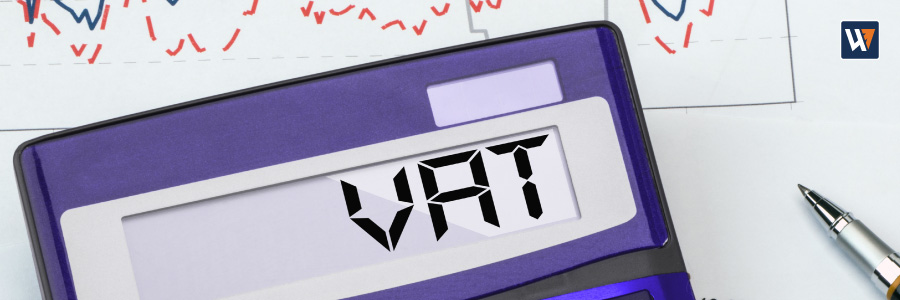Delay Payment of VAT to HMRC
24th January 2015Requests for Payment
If you supply goods, the taxpoint for accounting for VAT on these sales is the sooner of:
- The raising of a tax invoice, or
- Receipt of payment.
To delay this taxpoint, it will usually, therefore, be beneficial, prior to dispatching goods, to raise a “Request for Payment”, “Application” or “Proforma Invoice” instead of a valid tax invoice, which will only now be issued when payment is received, or 14 days after delivery, if sooner.
Continuous Supply of Services
Where services are supplied continuously, such as by an accountant to an ongoing client, the option exists, once again, to delay the tax point by issuing a “Request for Payment”, followed by a tax invoice only when the related payment is actually received.
It is usually good practice to obtain advance clearance from HMRC that adopting such a procedure is an acceptable basis for accounting for output tax for that particular business.
Credit Transfer
Usually, the due date for submission of a VAT Return, and payment of the related liability, is the last day of the month following the end of the VAT period. These dates can now both automatically be extended by a further 7 calender days if the VAT is remitted to HMRC by credit transfer. If HMRC are given a standing direct debit authority, to collect payment, this 7 day extension is extended by a further 3 bank working days.
Cash Accounting Scheme
Depending on the level of a trader’s taxable supplies, it may be advantageous to examine whether cashflow could be improved by accounting for VAT using the cash accounting scheme. The affect this will have upon VAT accounting will depend upon the relative and absolute size of a trader’s creditors and debtors.
Monthly Accounting
The accounting period for VAT Returns is normally 3 months. A trader may, however, apply to HMRC to adopt a monthly accounting period instead. This will usually only be of benefit to traders regularly receiving refunds.
Annual Accounting
Similarly, it may be beneficial to review whether the Annual VAT Accounting Scheme is of benefit. As well as smoothing cash outflows and simplifying administration, there may also be a cashflow benefit, depending upon the seasonality of the trade and the amount of pre-agreed monthly payment on account.
HMRC ‘Time to Pay’ Arrangements
Since the economy slid into recession during 2008, where a taxpayer has genuine difficulty in paying any taxes, HMRC encourages them to make contact and arrange a suitable payment plan (time to pay arrangement). HMRC will review and rule on such requests on a case by case basis, after they assess whether or not they believe the business to still be viable. Although repeat arrangements can be granted, this should not be adopted as a legitimate method to regularly delay payment of VAT to HMRC.
Disclaimer - All information in this post was correct at time of writing.








